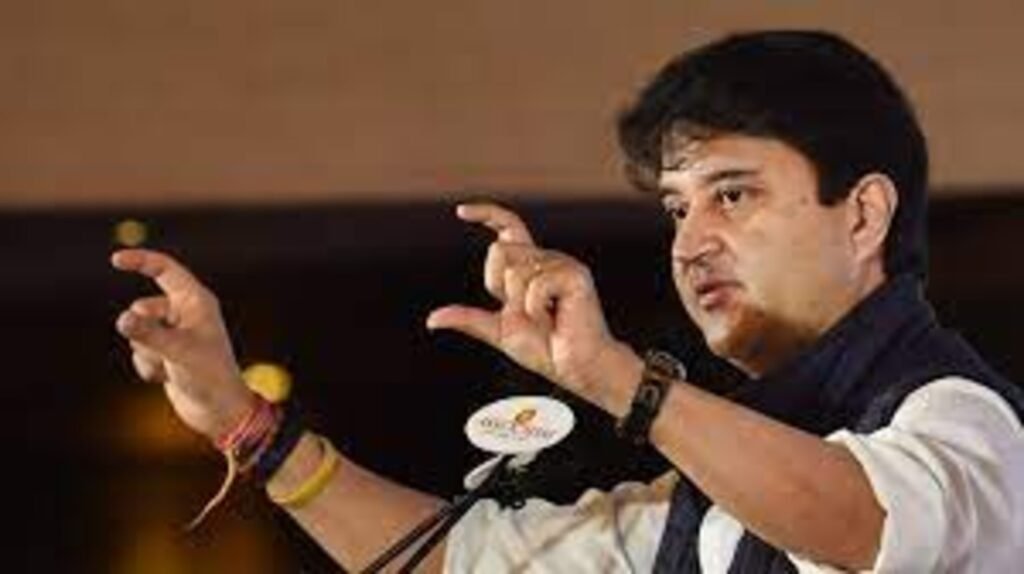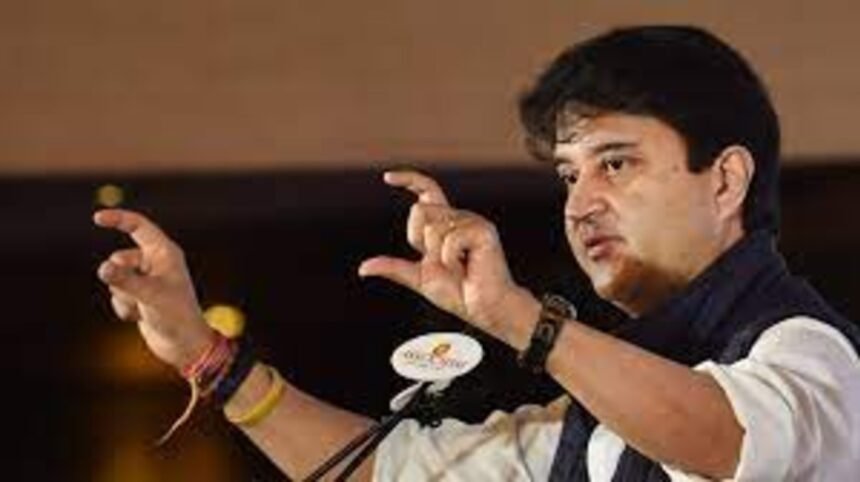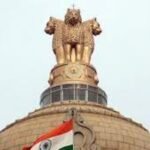Introduction
In a fiery parliamentary debate, Union Minister Jyotiraditya Scindia Criticised the Opposition, defended Prime Minister Narendra Modi, and questioned their motives behind the no-confidence motion. The debate, which centered on the Manipur situation and the performance of the Narendra Modi government, saw Scindia launching a scathing attack on Congress leader Rahul Gandhi and various other opposition parties.

Scindia, a former Congress leader known for his proximity to Rahul Gandhi, spared no words as he accused the opposition of disrupting parliament proceedings for 17 days while claiming they were ready for a discussion. He pointedly criticized the no-confidence motion, describing it as a smokescreen used by the opposition to further their political interests.
Referring to Rahul Gandhi’s recent statement that implied the Prime Minister had little regard for Manipur’s status within India, Scindia fiercely defended Modi’s commitment to the Northeast region. He accused the opposition of harboring an ideology of dividing India, rather than uniting it.
Scindia questioned Opposition’s words
Scindia also expressed disbelief at the Opposition’s choice of words for the Prime Minister. Who holds the highest office in the nation and is held dear by millions. He suggested that an apology might be necessary, not just to Parliament but to the entire nation, for the language used by the opposition.
The Union Minister questioned the Opposition’s persistence in demanding a parliamentary discussion on the Manipur situation despite the Prime Minister’s sensitive remarks made outside the House. Scindia has implied that their insistence is driven by political motives. And not by genuine concerns for the state.
Drawing historical comparisons, Scindia questioned the silence of former Prime Ministers Narasimha Rao and Manmohan Singh during past incidents of violence in Manipur. He labeled this behavior as “two-faced politics” and accused them of practicing politics of convenience.
Scindia did not spare individual parties either. He took a swipe at the RJD, JDU, AAP, Trinamool Congress, and Left, highlighting their alliances and accusing them of hypocrisy. He ridiculed AAP’s partnership with Congress, and criticized the alliance between RJD and JDU, suggesting that their values did not align despite the union of their parties.
As opposition MPs staged a walkout in protest, Scindia asserted that the people of the country had already shown them the exit, and their departure from Parliament was a reflection of this sentiment.
Conclusion
The debate highlighted the deep-rooted ideological and political divides within the Indian Parliament, with Scindia emerging as a strong advocate for the Prime Minister and the current government. The nation Now will watch this passionate exchange unfold. It remains to be seen how this will impact the ongoing political landscape in India.







